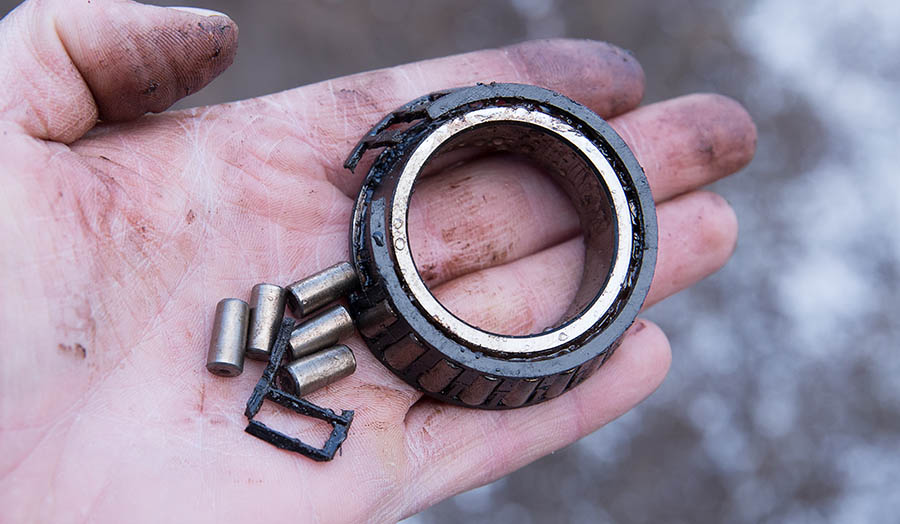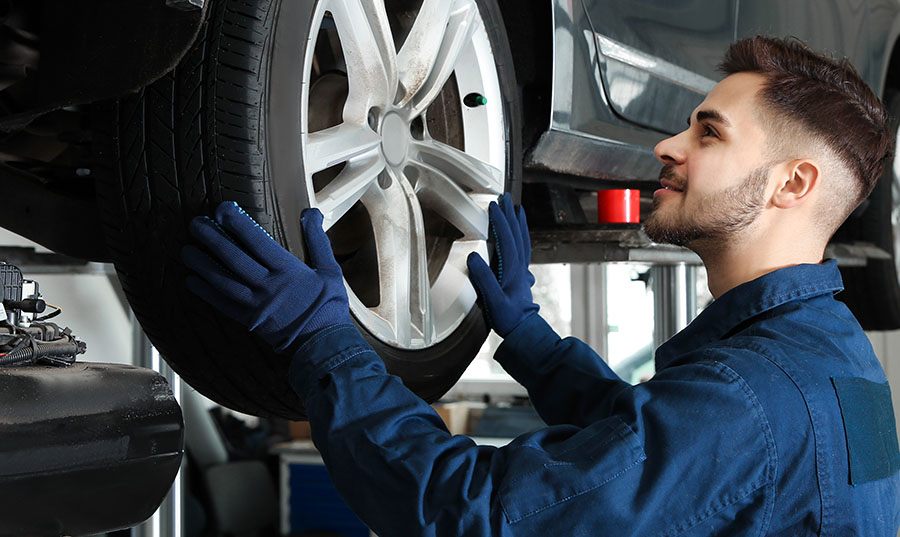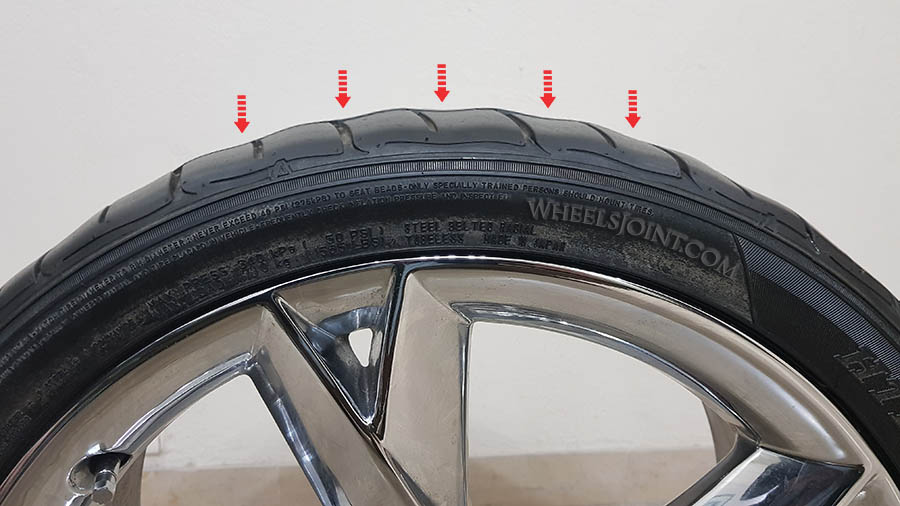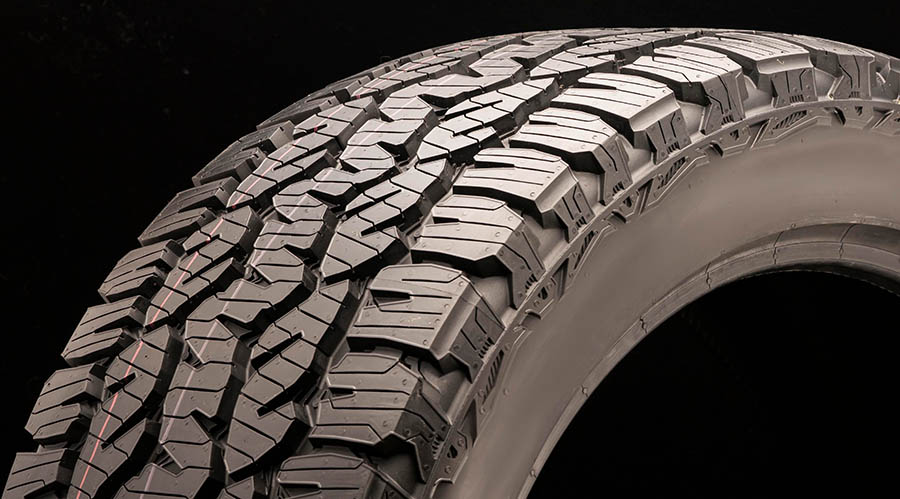Driving your Dodge Viper at highway or freeway speeds with humming noise is not only irritating, it can also be dangerous. Humming noise is a symptom of an underlying problem with your Viper, which must be resolved urgently for your safety and driving comfort.

The most common causes for humming noise in Dodge Viper at high speeds are bad wheel bearing, uneven tire wear and using tires with large tread blocks. Less common cause is failing transmission.
1. Bad wheel bearing
A defective wheel bearing can be the cause of humming noise in your Dodge Viper. The most common sign of bad wheel bearing is grinding or humming noise in the cabin from the direction of the affected wheel. Sometimes other symptoms may also appear, a knocking noise when cornering, and vibrations in the steering wheel or the whole body. The faster you drive your Viper, the louder the humming noise gets.

What causes bearings to fail in Dodge Viper?
Even when driving your Viper in a straight line, the bearings have to absorb high radial forces. The entire weight of the vehicle rests on the bearings. When driving, the speed creates additional forces. If a curve is then also driven through, axial forces occur. High impacts on the bearings also occur on uneven roads or when driving through potholes. Impacts of all kinds are much more damaging to bearings than the high loads. Therefore, all wheel bearings eventually fail. However, how soon they fail depends on driving habits. Other factors can also contribute to premature bearing failure on your Viper, like driving with unbalanced tires or poor wheel alignment.
Sound of a bad wheel bearing (humming noise)
How to check for a faulty wheel bearing in Viper?
The first sign of faulty wheel bearing in your Viper is obviously the humming noise. Second sign is that the noise changes when cornering, which varies depending on the steering angle and thereby increases or decreases: a “hum” when turning left, for example, usually indicates a defective wheel bearing on the right-hand side and vice versa.

Should I replace only the defective wheel bearing in Viper?
In general, it is advisable to change the second bearing on the same axle even if there is only one defective wheel bearing in your Dodge Viper. It can be assumed that both bearings were subjected to roughly the same stress and that the failure of the second bearing is imminent. If they are replaced at the same time, this saves time and money.
Recommended video:
2. Uneven tire wear
Unevenly worn tire tread can also cause humming noise in Dodge Viper. Tire cupping or scalloping is a type of uneven wear that is known to cause humming noise at high speeds, and is often mistaken for a bad wheel bearing. In this type of wear, scallops or dips are formed around the tread indicating an out of balance wheel, but are more often a sign that you need to replace worn shock absorbers or other suspension components.

What causes uneven tire wear in Dodge Viper?
The common causes of uneven tire wear are unbalanced wheels, improper wheel alignment, overinflated or underinflated tires, and worn suspension or steering parts. Uneven tire wear can also happen if you’ve installed cheap brand tires in your Viper. These tires may use inferior materials (steel belts, which are less supportive of the tread, rubber which is more prone to uneven wear, etc.) and can be more prone to cupping on a vehicle with worn suspension or imperfect wheel balance or alignment.
3. Tires with large tread blocks
It is possible the humming noise you’re hearing while driving your Dodge Viper may not be due to a defect, but because of the type of tires you’re using, especially if you started hearing the noise after installing new tires on the rims. Tires with large tread block pattern are known to be noisy on the highway.

Off-road and winter tires are particularly noisy at high speed because of how much air passes through the aggressive tread patterns. Some all-terrain tires also make a lot of noise that is noticeable in the vehicle’s cabin.
4. Transmission problem
If low-pitched humming noise is coming from under the body of your Dodge Viper, through the floor, it could indicate a problem with the transmission. But it is not common to just hear the humming noise without any other symptoms: clunking noises, erratic shifting, etc.
Conclusion
There are many reasons why your Dodge Viper is making humming noise at high speeds. When looking for the reason, you should always start with the most obvious cause, faulty wheel bearing or damaged tire.
In any case, it is advisable for laypersons to visit a workshop. A professional mechanic can swiftly diagnose the humming noise issue for you.






